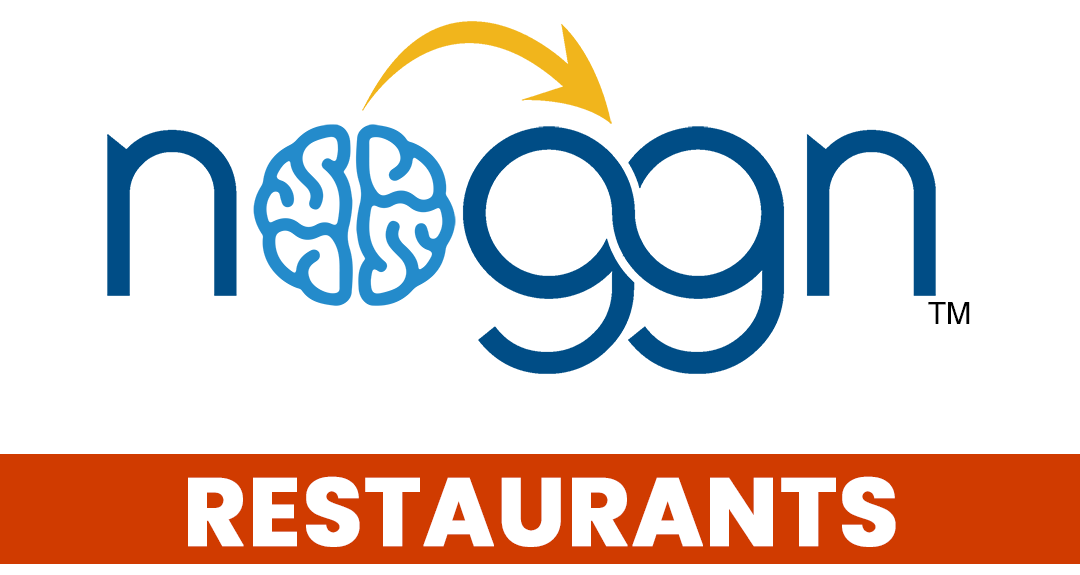For restaurant owners, the challenge of managing employee call-outs is real and costly. In a typical year, a small restaurant with just 10 employees faces an average of 120 to 240 call-outs, each costing around $150 to $200 in lost profit. When you factor in overtime pay, disrupted service, and customer dissatisfaction, the expenses add up quickly—between $27,000 and $36,000 annually in lost profits.
But what if you could cut your call-outs to less than half of the average, potentially reducing them to only two or three per month? Here’s a straightforward, four-step approach, grounded in psychology, that can make a real difference.
Why Do Call-Outs Happen?
While legitimate reasons like illness are unavoidable (and, especially in the food industry, encouraged to prevent contamination), a large number of call-outs stem from convenience or irresponsibility. If an employee’s only motivation to show up is a day’s wages, there’s little incentive for them to avoid calling out.
The key to reducing call-outs is giving employees more reasons to show up beyond just their paycheck.
1. Enforce a Call-to-Call-Out Policy
Make it a policy that employees must call and speak to someone live to report an absence. This “psychology of discomfort” makes it harder for employees to call out frivolously since they’ll need to face the inconvenience of informing someone directly. Eliminating call-outs via text or voicemail sets a tone of accountability and respect for the team’s time.
2. Implement CPR Conversations
When employees start to call out frequently, it’s essential to address it early. Using a framework like “CPR” (Current, Pattern, Relationship & Reinforcement) helps set clear expectations without alienating employees. Here’s a quick example:
- Current: “Yesterday, you called out for the second time this month.”
- Pattern: “I’m not questioning your reason, but we’ve noticed that multiple absences in a month can lead to a negative pattern.”
- Relationship: “This pattern can increase stress and resentment within the team.”
- Reinforcement: “You’re important to the team. I’m asking you to avoid creating a pattern of multiple absences each month.”
With CPR, you’re not scolding employees but simply setting boundaries. Should call-outs persist, you can adapt the conversation to discuss the broader relationship and fit within the company.
3. Base Plus Pay: Incentivize Consistent Attendance
Consider a small pay boost for employees with perfect attendance. Let’s say you run a fast-food restaurant where the base rate is $11.20 per hour. By adding a small “no call-out bonus” of 50 cents per hour for the month, you encourage employees to show up consistently. To make this work financially, calculate your average monthly overtime costs and ensure the bonus is less than your usual overtime expenses. Adjust the bonus amount to create an incentive that’s financially sound and motivating.
4. “Call-Out Rock Stars” Recognition Program
Every three months, hold a raffle for employees with perfect attendance, with prizes such as a flat-screen TV, Xbox, or gift card. Physical, visible prizes work best. Display the prize prominently with a sign saying “Call-Out Rock Stars.” For every month of perfect attendance, an employee earns one raffle ticket, and those with a flawless quarter earn five extra tickets.
The program not only boosts morale but also creates a positive culture around attendance. Employees will think twice before calling out if it means losing a chance at a big reward.
Better Processes Mean Better Results
This four-step strategy reduces call-outs and creates a culture of responsibility and accountability in your business. But it’s not just about call-outs. Successful business management depends on effective processes. By building better systems, you can turn your business into a “machine” that works for you rather than the other way around.
I’ve used these strategies across a dozen businesses, and they work. To go deeper, join my free Process Design Speed Class to learn my four-step FLOW method. I’ll guide you through creating processes that make your business run smoothly without constant oversight.
Ready to transform your business? Click here to register for the Speed Class.
By setting up a few simple processes, you can minimize call-outs, cut costs, and create a team culture that values reliability and responsibility. Let’s put your business on autopilot!







